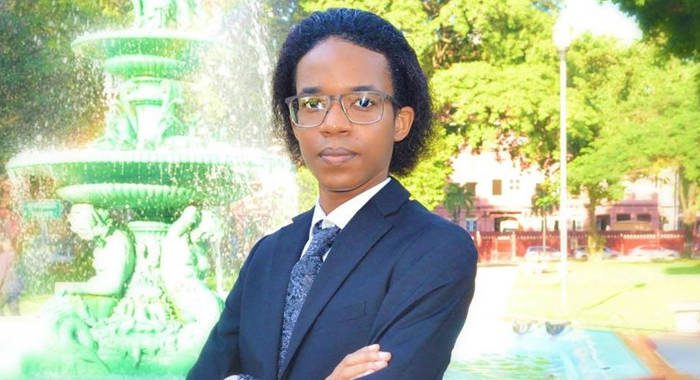Arthur Chaskalson, a previous President of the Constitutional Court of South Africa and a past Chief Justice of South Africa, stated in the South African case of S v Makwanyaneand Another, “Public opinion may have some relevance to the enquiry, but in itself, it is no substitute for the duty vested in the Courts to interpret the Constitution and to uphold its provisions without fear or favour. If public opinion were to be decisive there would be no need for constitutional adjudication.”
Too often, I notice that when a crime is alleged to have been committed and an arrest and/or charge is made in connection to that alleged crime, a lot of people are quick to judge. I hear it in public conversations and I see it on social media.
Shockingly, it appears that a lot of people are quick to label an arrested and/or charged individual as guilty, a criminal, before a trial has even been conducted and that individual has been afforded a fair opportunity to have their case heard before an independent and impartial court of law. Would you like someone else to treat you this way?
It is wise for us to remember that the Constitution which is the supreme law of St. Vincent and the Grenadines (SVG) and which affords for the protection of the fundamental rights and freedoms of every resident of SVG, states at section 8 (1) that, “If any person is charged with a criminal offence, then, unless the charge is withdrawn, the case shall be afforded a fair hearing within a reasonable time by an independent and impartial court established by law.”
Additionally, section 8 (2) (a) of the Constitution of SVG, states, “Every person who is charged with a criminal offence — (a) shall be presumed to be innocent until he is proved or has pleaded guilty”.
Just to name a few, similar provisions can be found in other English-speaking Caribbean Commonwealth territories at section 8 (2) (a) of the St. Lucia, Commonwealth of Dominica and Grenada Constitutions, section 15 (2) (a) of the Antigua and Barbuda Constitution, section 5 (f) (i) of the Trinidad and Tobago Constitution and section 15 (5) of the Charter of Fundamental Rights and Freedoms (Constitutional Amendment) Act, 2011, of Jamaica.
Additionally, according to Article 14 (2) of the International Covenant on Civil and Political Rights, an international treaty which SVG has ratified and entered into force, “Everyone charged with a criminal offence shall have the right to be presumed innocent until proved guilty according to law.”
To be presumed innocent until proved or pleaded guilty is, therefore, one of the hallmarks of a democratic, free and fair society. It affords an accused person the opportunity to have their case heard before an impartial and independent court of law before a judgement is decided in or against his or her favour and such courts should not be swayed by public opinion.
Samuel Anthony Alito Jr., an Associate Justice of the Supreme Court of the United States, once said, “I think that the legitimacy of the court would be undermined in any case if the court made a decision based on its perception of public opinion. It should make its decisions based on the Constitution and the law. It should not sway in the wind of public opinion at any time.”
Therefore, the next time that we hear or see that someone has been arrested and/or charged in relation to an alleged criminal offence, I urge you that before you jump to conclusions, let due process have its way. Let us remember that an accused person is presumed innocent until proved guilty and not guilty until proved innocent.
Jeshua Bardoo is a final year student at Hugh Wooding Law School and a human rights activist.
Email: [email protected]
The opinions presented in this content belong to the author and may not necessarily reflect the perspectives or editorial stance of iWitness News. Opinion pieces can be submitted to [email protected].







This is a powerful piece of writing Mr Bardoo. We are so quick to be the judges and jurors when we hear things happen in our society.
Our people wickedly judge others but never themselves; conversely, many blindly excuse the heinous behaviour of convicted criminals if they are family or friends; many keep calling for the deportation of those charged with an offense before they are tired because they are foreign born — for example, have migrated here from places like Nigeria and married one of our citizens; many routinely break the law with impunity if they believe they can get awy with their actions.
Our people simply have no respect for the rule of law.